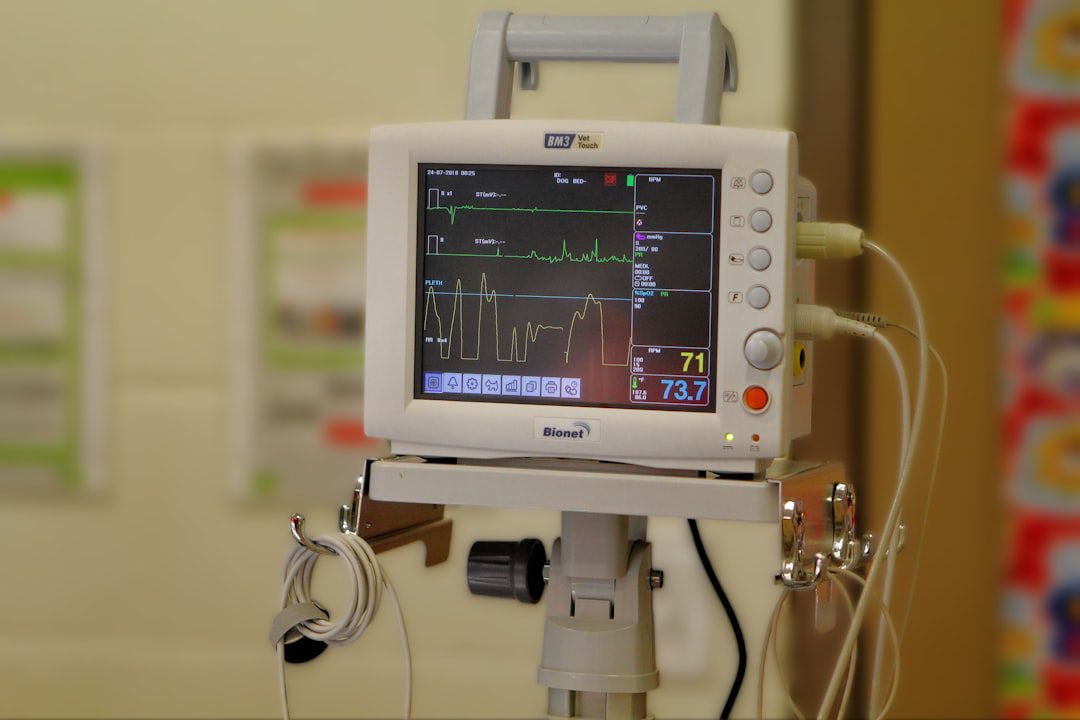
Understanding the Boston Scientific Defibrillation Lead Alert Update
The FDA has issued an updated alert regarding defibrillation lead issues from Boston Scientific, marking a significant development in the agency’s enhanced Medical Device Recall Program communications pilot. This update serves as a critical case study for medical device manufacturers navigating post-market surveillance requirements and recall communications protocols.
What Happened: Breaking Down the Alert
Boston Scientific’s defibrillation leads have been identified with performance issues that could potentially impact patient safety and device functionality. While specific technical details of the lead malfunction are still being evaluated, this alert represents the FDA’s proactive approach to communicating device safety concerns to healthcare providers and patients.
This communication is particularly noteworthy as it’s part of the FDA’s Communications Pilot to Enhance the Medical Device Recall Program—an initiative designed to improve transparency and speed of safety communications in the medical device industry.
Why This Matters to Medical Device Manufacturers
Enhanced Recall Communication Standards
The pilot program demonstrates the FDA’s commitment to more robust communication protocols. Medical device manufacturers should expect:
- Increased transparency requirements in recall communications
- Faster public notification timelines for safety issues
- More detailed technical information in public alerts
- Enhanced coordination between manufacturers and the FDA
Post-Market Surveillance Implications
This case reinforces the critical importance of robust post-market surveillance systems. Manufacturers must maintain comprehensive monitoring of device performance to identify potential issues before they escalate to formal recalls or safety alerts.
Regulatory Context and Compliance Framework
Under 21 CFR Part 806 (Medical Device Reporting) and Part 820 (Quality System Regulation), manufacturers have ongoing obligations to monitor device performance and report adverse events. The Boston Scientific alert highlights how these requirements intersect with the FDA’s evolving communication strategies.
The Communications Pilot represents a shift toward more collaborative and transparent recall processes, aligning with ISO 13485:2016 requirements for effective communication with regulatory authorities and stakeholders.
Action Items for Medical Device Manufacturers
Immediate Steps
- Review your post-market surveillance systems to ensure they can detect performance issues early
- Evaluate communication protocols with the FDA and ensure staff understand enhanced reporting expectations
- Assess current recall preparedness and update procedures to align with pilot program standards
Long-term Compliance Strategy
- Implement comprehensive risk management systems following ISO 14971 guidelines
- Establish proactive customer communication channels for rapid safety notifications
- Develop robust corrective and preventive action (CAPA) procedures that can respond quickly to identified issues
- Train quality and regulatory teams on evolving FDA communication expectations
Key Takeaways for Compliance Professionals
The Boston Scientific defibrillation lead alert serves as a reminder that the medical device regulatory landscape continues to evolve toward greater transparency and faster communication. Manufacturers who proactively adapt their quality management systems and communication protocols will be better positioned to manage future safety issues effectively.
This pilot program signals the FDA’s commitment to improving patient safety through enhanced information sharing—a trend that will likely influence future regulatory guidance and expectations for the entire medical device industry.


No comments yet. Be the first to comment!